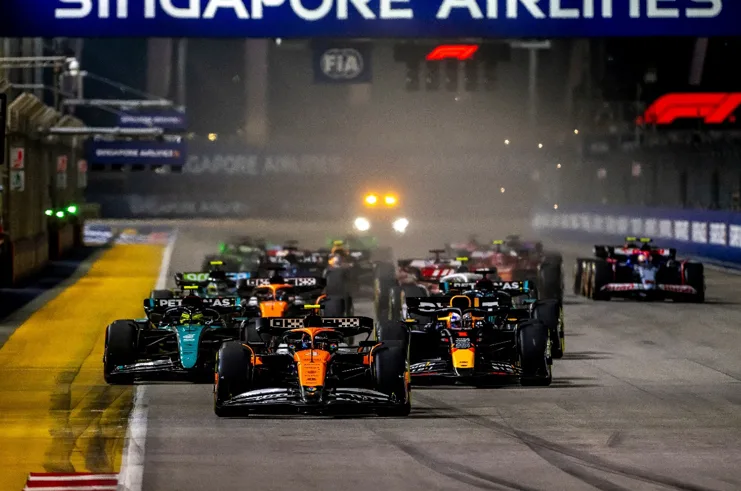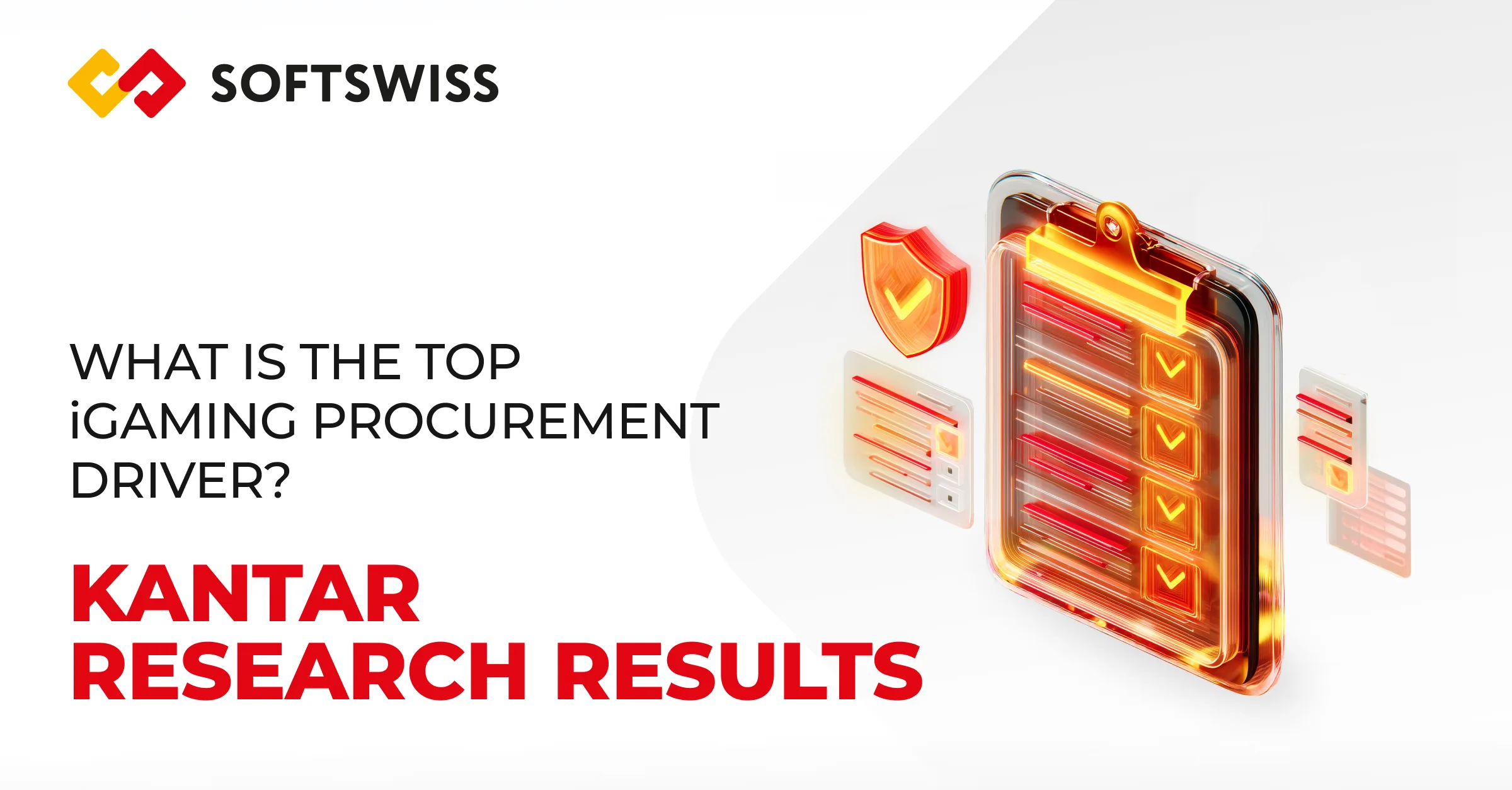Minna Ripatti is a Finnish iGaming lawyer and economist, who has lived years abroad, both in Austria and Malta, but has recently returned to her home country, Finland. The expert has told Login Casino readers about the current reform, which is taking place in the country.
Finland is in the process of amending the Lotteries Act and related acts. What are the core changes expected to enter into force in 2022?
Yes, the legislative process is currently pending in Finland. The Draft Government Proposal to Parliament on Amendments to the Lotteries Act and certain related acts (hereinafter “Amendments”) was notified to the EU Commission on 23rd of April, meaning that the three-month standstill period is expected to end on 26th of July. The Amendments, which concentrate on securing the existing monopoly system and aim at assisting in the fight against gambling activities in violation of the Lotteries Act, include the following key points:
- Stricter regulation on marketing. The provisions on marketing are being specified to a certain extent by introducing new restrictions on the content and ways of permitted marketing. In addition, the marketing of certain particularly harmful gambling games will be prohibited. However, the most interesting part of the Amendments is that provisions have been added to the extension of the decision to prohibit the marketing of gambling services in violation of the Lotteries Act to natural persons and to the imposition of administrative penalty payment for engaging in marketing activities violating the Lotteries Act.
In the past, it has been difficult for the National Police Board to effectively intervene in the marketing carried out by Finnish individuals. These new provisions have been added as new tools for the National Police Board to take measures against private individuals as well.
- PSP-blocking. PSP-blocking measures are being introduced. The supervising authority, National Police Board, would maintain a blacklist of gambling companies that target marketing in mainland Finland and whose payment transactions with banks and other payment service providers should be blocked.
According to the proposed Amendments, the PSP-blocking measures would be based on a so-called “block list” maintained by the National Police Board. This so-called “block list” would include those gambling entities, which would direct their marketing to mainland Finland and which the Police Board would have found to be marketing gambling in violation of the Finnish Lotteries Act.
In addition, a condition for entry on the “block list” would be that the National Police Board pursuant to the Lotteries Act, had prohibited the said entity from carrying out its gambling activities in Finland. The Amendments provide for a general prohibition on payment service providers not to execute or initiate payment transactions in which the payee or payer is a gambling entity entered on the “block list“. The planned amendments will also give the National Police Board the authority to prohibit a payment service provider from executing or initiating payment transactions.
- B2B activities of Veikkaus. The Amendments would allow the Finnish monopoly operator, Veikkaus, to establish a subsidiary for the provision of B2B services to other companies. In practice, this would mean Veikkaus selling various products and services, including the games it has developed in-house, to foreign iGaming operators. The subsidiary would only be allowed only to offer services “other than gambling” and not to the general public.
- Compulsory identification. The identification of slot machine players became compulsory from the beginning of 2021. The identification requirement would start to apply to other gambling games by the beginning of 2023 at the latest and to scratch cards at the beginning of 2024.
- Placing of slot machines. In the future, the location and use of slot machines should be planned in a way that the harm caused by gambling is being minimized. When placing slot machines, particular attention should be paid to the harm that gambling causes to minors and vulnerable persons.
There has been some delay in the legislative process. Therefore, it now looks fairly certain that the Finnish Parliament will not be able to pass the said Amendments until it returns from its summer break in early September 2021. Originally, the plan was to submit the Amendments to the Parliament already in June 2021. Regardless of the delay, given the current political setup in Finland, I strongly believe that the Amendments will go through. However, it has to be noted that any further delay in the legislative process may have an effect on the date of entry into force of the Amendments.
Can you draw some numbers related to the recent customer behavior change in Finland? What is the country’s channelization rate during the last years you believe to be real?
A survey conducted in 2020 by the Finnish Institute for Health and Welfare (THL) and relied upon on the Amendments as well, shows that, in 2019, 16.4% of Finland’s online gambling revenue (equivalent to €105m in taxable revenue), was spent by Finns on international gambling websites operated by companies, which pay their taxes elsewhere. According to THL, the Finnish monopoly operator Veikkaus had an 83.6% share of the total online gambling market in Finland (equivalent to €537 in Veikkaus’ GGR according to its website).
The proportion of online gamblers has increased in Finland by 12.7 percent from 2015. Further, the proportion of those Finns who gambled games offered by foreign operators has increased from 3.3 to 5.4 percent. The number of people suffering from gambling problems was in 2020 reported to be at the level of 3%. It should be noted that the level of gambling problems has remained more or less the same during the past decade. Thus, there has not been much change in the level of problem gambling if you look back at the figures published during the past years.
Taking the instance of the Finnish gambling monopoly, does it really serve as the perfect player-protection approach?
A gambling monopoly is allowed under EU law only when it is the best solution for a member state to ensure public order, public safety, and public health and to prevent the negative effects of gambling. The Court of Justice of the European Union (CJEU) has underlined in its case law that the goal must be controlling the negative effects of gambling as well as efficient supervision in this respect. The CJEU has also made it clear that a gambling monopoly cannot be justified only by the use of the gained funds for the public benefit.
Given the above, the only available option to the Finnish government is to justify the existing monopoly system with the argument that the state is better placed to protect consumers from the negative effects of gambling than an open-licensing system would be. With this regard, it should also be mentioned here that the Finnish gambling monopoly has been greenlighted by the EU Commission back in the days. Another question is whether the Finnish gambling monopoly still serves as the best player-protection approach. It was back in 2013 when the EU Commission greenlighted the Finnish gambling monopoly.
One can ask, shouldn’t Finland have the lowest rate of problem gambling in the EU if the monopoly system is the best way to protect consumers? Still, according to the figures published by THL, which the Amendments notified to the EU Commission are also referring to, state that Finland has a problem gambling rate of 3%. This has not really changed during the past years. Further, this is ten times higher than the same rate, for instance, in Spain. Spain again has no gambling monopoly in place and has many millions more people gambling than we have in Finland.
For the regulator, obviously, the best market is always the one, which optimizes the tax, channeling rate and keeps the gambling addiction level (relatively low). However, relatively (low) is not the same as saying that the state is better placed to protect Finnish players from the negative effects of gambling than an open-licensing system would be.
Can one say that monopoly forces people to gamble illegally and thereby increases the danger for punters?
Obviously, if the gambling offer of Veikkaus is just not attractive enough, players will look for something else, something better. Further, in this case, they may end up playing on sites, which do offer adequate protection for the player.
There are so many more choices or alternatives to Veikkaus that can easily be found online. In short, players want better odds and return rates, higher potential winnings and a wider product selection than Veikkaus has to offer. The competition is fierce. Of course, it has to be noted that Veikkaus has also taken several steps during the past years regarding widening its product portfolio. It has entered into several game provision agreements with foreign-based game developers to remain competitive and to offer a wider product portfolio.
The biggest concern regarding the existing monopoly system should, however, be that it is not protecting those with a gambling problem as it should be. It results in deprivation by the Finnish state of a significant portion of Finland’s taxable online gambling revenues since many Finns keep on playing on foreign licensed gambling websites.
Is it expected that the introduction of PSP-blocking and other measures in Finland will lead to the decrease of offshore gambling on foreign licensed gambling websites?
To some extent yes, however, the introduction of PSP-blocking will not, for sure, solve all the problems that the existing monopoly system is facing in Finland. The idea of the PSP-blocking measures is somehow “glorious”, however, it is another question of how well it will work in practice. Of course, it will bring some “relief” to Veikkaus. Due to COVID-19, the past year was tough, but it will also increase costs and work if you look at the financial sector. Also, it is another discussion, how “bulletproof” PSP-blocking measures are in reality.
According to the Amendments, the PSP-blocking measures would be implemented in the way that the National Police Board would keep a so-called “block list” of gambling operators, which illegally market gambling to mainland Finland. Based on this, payment service providers would be required to block payments between the player and the blacklisted gambling operator.
Firstly, if you think about how foreign licensed casinos are currently marketing their services to Finnish players, I cannot see the situation changing drastically even after the adoption of the Amendments and the introduction of PSP blocking measures. Marketing questions come down to the question, what is actually “targeting” players in Finland. Further, there are still the same technical obstacles in place from the enforcement perspective as in the past, which the Amendments will not solve.
Of course, if the Police National Police Board, would somehow start to follow a stricter enforcement policy concerning marketing and place one of the so-called “big ones” on the “block-list”, it would be interesting to see what the reaction from the industry’s side would be. In general, if to look back to what has happened in other countries, which have had monopoly systems in place during the past decade and which have also introduced some sort of blocking measures in the past, this has led not only to challenging the said measures but also challenging the entire legality of the existing system based on EU law. EU Commission has closed all the infringement procedures and complaints in the gambling sector already back in 2017. However, at the same time, it has encouraged complainants to make use of national remedies when facing problems with the EU in the gambling sector. In cases like this, CJEU has helped the national courts to clarify questions concerning restrictions on the single market in the area of gambling.
Another interesting question in the light of the Amendments will be, how effectively will the National Police Board intervene in the marketing carried out by the Finnish individuals in the future? After all, now it will be given new tools against private individuals as well. With this regard, it, however, must be noted that certain uncertainties will remain.
What are the core reasons for keeping the Finnish market as a single one in Europe that is closed for private operators except for better player protection?
In general, the support for the state-run gambling monopoly in Finland still remains relatively high. If you go out to the streets in Finland and ask a random Finn’s opinion about the existing monopoly and Veikkaus, the answer will be that it is just great that the funds generated by the gambling industry remain in the country, go for good causes, and are redistributed into several important social areas, charities, sporting events, the arts, science, and educational projects. Ordinary Joe will not understand there would be other options available as well, perhaps even better ones than the existing monopoly system from the perspective of the state.
It is also a political question, why we still have the monopoly in place, you should not forget that. Still, in my view, this is also a lack of understanding of how other options would work in practice, including a lack of discussion about these other options openly at all possible levels. If you only concentrate on the monopoly system, as the Amendments notified to the EU Commission do, you cannot see the other options available out there.
All in all, replacing the monopoly system, would mean that the demands of those Finnish players who seek an alternative to the monopoly and currently gamble on international websites, could be better reflected. Further, this would be giving an opportunity to regulate and tax the activity of the foreign licensed casinos.
However, given the current situation, it seems rather obvious that Finland will most likely go through the entire “portfolio” of all the so-called options available to protect the monopoly until even considering giving up the monopoly. PSP-blocking is just one of the last refuges for those with no real argument at all supporting the existing monopoly system.
Would a possible future opening of the gambling market force Veikkaus to adapt to the new reality better?
If in the future Finland will replace the existing monopoly system with an open-licensing system, this will not mean that Veikkaus would cease to exist. Obviously, in this case, Veikkaus would need to adapt to the new situation in the market. However, they have created a very successful brand over the years.
As long the situation remains the same in Finland, Veikkaus is doing what is best for them in the current situation to remain competitive. When looking at the question of possible future opening, from the perspective of Veikkaus, opening up the market would allow Veikkaus to go abroad and do business with foreign iGaming operators without such a legal “hassle”.
After all, this is what Veikkaus is after and has been after for years already. However, given the current boundaries established by the national legislation and EU law, establishing a new B2B entity doing business with foreign iGaming companies is all that is doable for Veikkaus at the moment. Of course, this will be an important and new revenue stream for them.
I believe that all the Amendments discussed here will enter into force sometime in 2022. However, you have to keep in mind that even after the Amendments have entered into force, the mentioned measures, including the new B2B set-up, will still need to be implemented in a way that the operations of the monopoly system will remain in line with both national and EU law. Further, the Finnish Government will need to be able to show that the monopoly is still able to serve its purpose also in the future.
Read more: Best Gambling Payment Providers












